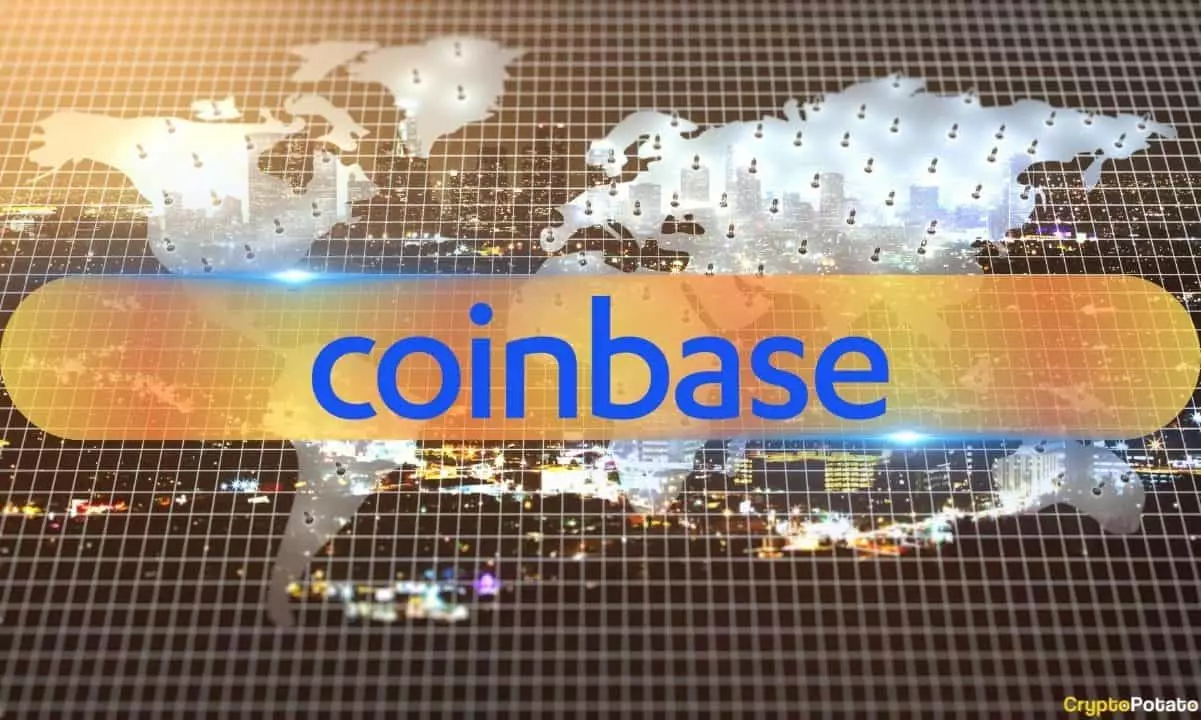In a significant shift, Coinbase has announced the cessation of rewards for USD Coin (USDC) holders located in the European Economic Area (EEA) starting November 1. This decision arises from anticipated regulatory changes pertaining to e-money tokens, primarily influenced by the impending implementation of the Markets in Crypto Assets (MiCA) regulations. The MiCA framework proposes a comprehensive regulatory atmosphere aimed at standardizing the crypto landscape across the European Union (EU), necessitating that cryptocurrency platforms undertake considerable adjustments to comply.
Historically, Coinbase’s USDC rewards program has provided an attractive incentive for users to keep their assets within the platform, allowing individuals in over 100 jurisdictions to earn interest on their stablecoin holdings. Rewards were distributed monthly and automatically credited to users’ accounts, creating a seamless experience. However, with the sunset of this program for EEA users scheduled for December 1, eligible customers will earn interest until November 30, after which payouts will be available through December 13. This marks a critical transition for many who had come to rely on these rewards.
Compliance Challenges and Market Adaptation
The MiCA framework represents a pivotal point for the cryptocurrency industry, as it seeks to introduce uniform regulations across all 27 EU member states. Its aim is to streamline the issuance, trading, and provision of crypto-related services, promoting a safe and reliable environment for users. Consequently, many companies within this space, including Coinbase, are grappling with the necessary adaptations dictated by this regulatory wave. In an earlier announcement, Coinbase indicated it would be pulling non-compliant stablecoins from its EU platform, showcasing its commitment to adhering to these regulatory standards.
Competitor platforms are also reevaluating their strategies in light of MiCA. For instance, Bitstamp recently delisted Euro Tether (EURt), citing non-compliance with the new regulations. The ripple effects of MiCA are being felt across the industry as players aim to realign their offerings to maintain market participation. Tether, in particular, is actively working on developing products that comply with these regulations following its acquisition of a stake in Quantoz, a fintech firm based in the Netherlands.
Implications for Non-EU EEA Nations
While the EEA includes several countries that are not part of the EU, such as Norway, Iceland, and Liechtenstein, analysts suggest these nations may still feel the impact of MiCA. Although not formally bound by the regulations, these countries often align their practices with EU standards to participate in the internal market. Therefore, it’s plausible that we may witness similar regulatory adaptations from these nations to stay compatible with the evolving crypto landscape, despite the lack of direct enforcement from the EU.
As regulatory frameworks like MiCA reshape the operational landscape for cryptocurrency exchanges like Coinbase, the withdrawal of rewards programs signals more than just a strategic pivot; it highlights the profound influence of regulation on market incentives and user loyalty. It remains to be seen how these changes will affect users’ trust in the platform and the broader implications for the cryptocurrency market in the EEA region.

